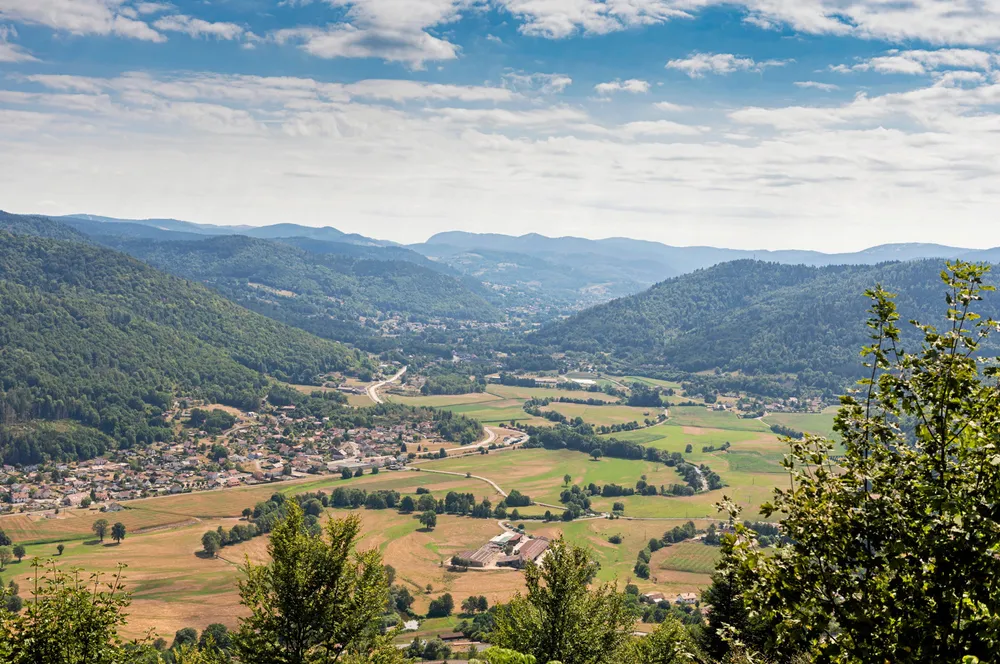'Significant concentrations' of natural hydrogen discovered in northeast France by local power and gas producer
FDE has submitted an application for an exclusive mining exploration permit in the Lorraine region in bid to assess commercial potential

FDE has submitted an application for an exclusive mining exploration permit in the Lorraine region in bid to assess commercial potential
